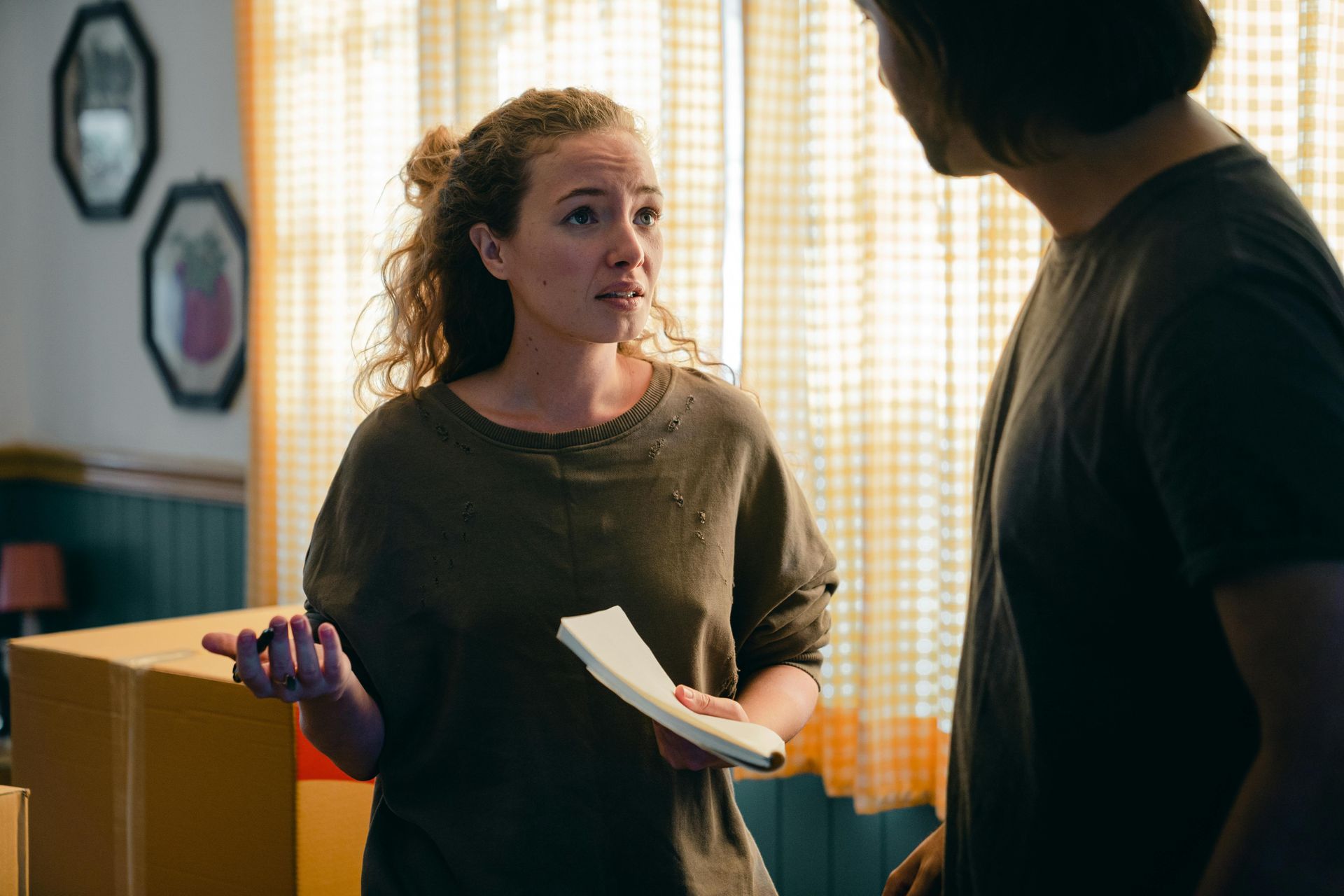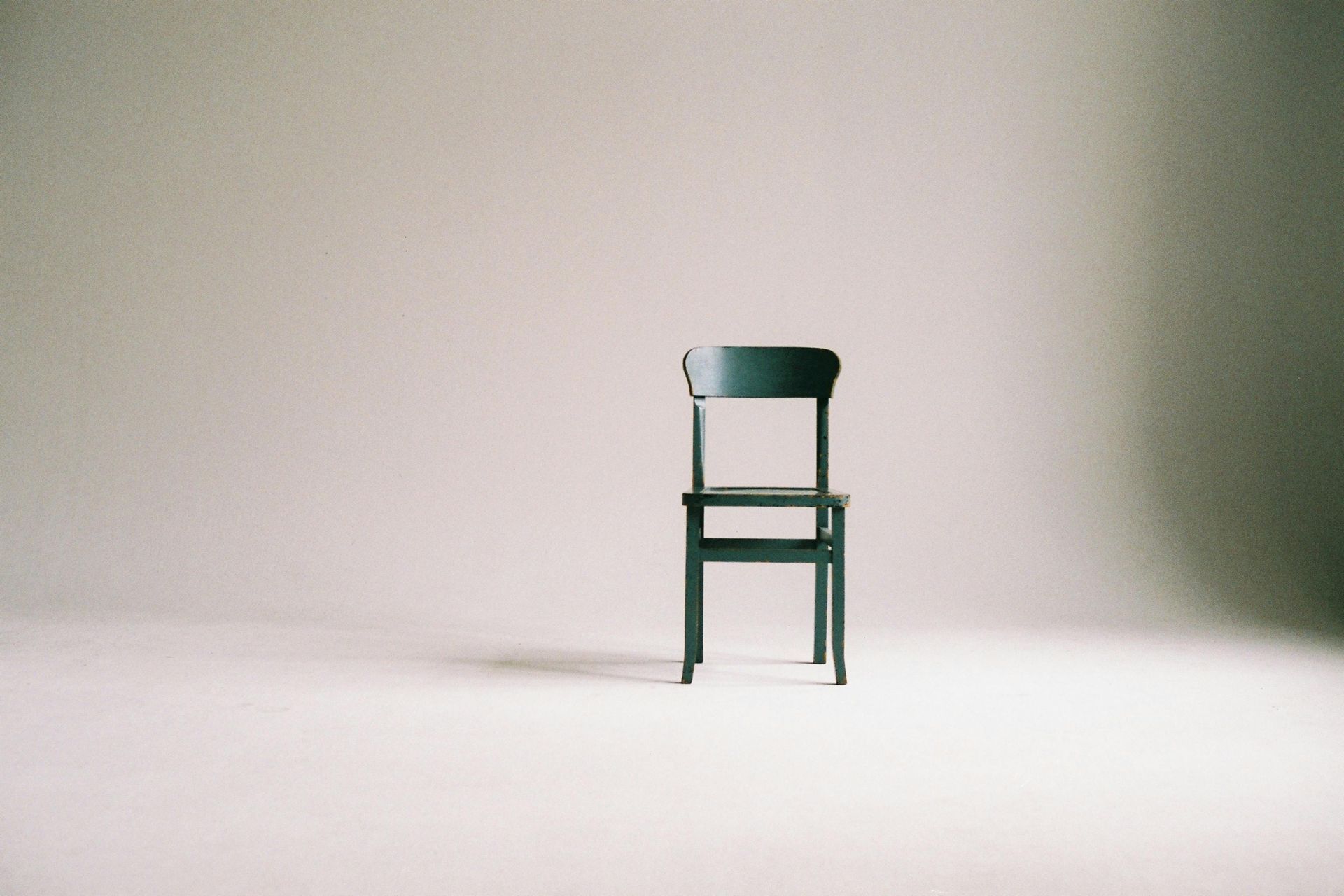Fear and sensation in the rental market
Column | Groningen
That the rental market in Groningen is somewhat tougher than elsewhere has become common knowledge over the past few years. It’s one of the reasons the municipality council in Groningen has taken up the role of national frontrunners in search of a new system of permits for lessors. Various television shows have recently put some infamous lessors in Groningen at the center of attention and shown examples of how they trample the basic rights of tenants. But is such television really useful for tenants or does it actually play into the hands of unfair landlords?

Media sensation In television shows like Foute Boel (SBS6) or #BOOS by Tim Hofman (NPO3), reporters aim to confront lessors with the complaints of viewers. The situations that are shown to the audience are quite something. It mostly starts out with the negation of basic rental laws, quickly followed by intimidation and eventually even aggressive verbal attacks. In some cases things go even further. Especially Foute Boel is often foreshadowing and hinting at that what will follow later in the show: a confrontation. This confrontation, in which words will be exchanged and perhaps even more, is frequently used as a teaser to maintain the attention and the expectation of the audience. In the meanwhile, the victim is telling her story. In some instances, he or she only appears on camera unrecognizably, adding to the dramatic effect. BOOS, although to a lesser extent, is also hinting at a confrontation that may or may not occur. In between the scenes we also see an expert who briefly explains exactly what existing laws are violating by the portrayed actions and to what extent. This however only seems to serve the purpose of building the tension toward the frequently announced images in which a landlord sends his dog at the reporter or tries to hit the cameraman. The valuable information of the expert, which can be of great help for viewers, is thereby repressed in the background and quickly forgotten.
Representation vs. knowledge
This repression of value insight is a pity because with the right knowledge, malafide practices as well as unintentional abuse can be challenged very well. That is what the show should be about. As a viewer however, you are confronted with so much repeated violence and idiocy that you might come under the impression that that what you see on television is just a normal course of events. The seriousness of the actions of lessors in these programs should by no means be downplayed and call for a clear and firm preservation of the rights of those involved, both as tenants and as humans. Nevertheless, we should not lose sight of the fact that in more than 80% of the cases in which a conflict has risen between lessor and tenant, an agreement is made after dialogue, without interference of a judge, let alone police, and the conflict is resolved orderly.
But in the end, in order to secure yourself as a tenant that your situation is in line with the existing law and you don’t end up paying too much for too little, one thing iso the upmost importance: being willing to stand up for your rights. If you don’t know where to begin or what the rules are, you can get information. If you don’t have the knowledge, you can get assistance from those who have. But without the courage and willingness to stand up, you will never get a fair rental situation.
That is exactly where the problem lies. The aforementioned intimidation practices thrive on attention. The principal rule that applies to terrorism, that the less attention it receives, the smaller the fear instilling effects it has on people, applies here as well. Putting the individual escalated conflicts under a microscope and emphasizing the bad consequences lead to tenants, perhaps influenced by their TV watching family or friends - “I would be careful if I were you, that lessor of yours is a lunatic, he might hurt you” - are less and less inclined to confidently demand a fair situation.
Often we come into contact with tenants who tell that one story - of someone they knew who knew someone - as an answer to the question: what are you afraid of? Everybody knows that story. Everybody becomes reluctant from that story. But it is only one story. The stories of all those tenants who managed to get what they are entitled to after a decent negotiation hardly make the papers, let alone TV. Yet those are the stories that can tell tenants they do not have to quietly accept their situation and that there are possible solutions.
The law as solution In BOOS the show recently came to an end without a confrontation. The landlord was neither present at the office, nor at his house. Too bad for the thrill seeking viewer, but you can ask yourself what kind of results such a confrontation could possibly have yielded. The viewer was now left with the promise that the lessor would experience the consequences of his behavior through the appropriate judicial route and that is how it should be. De Huurdokters believes in the Dutch constitutional state in which everyone is free to challenge his or her situation and in which everyone can get what they are entitled to with help of the proper institutions. Just as with other achievements, it is sometimes required that we speak out and stand up to maintain them. We owe that to ourselves and to society. Sensation does not play a constructive part in that and the last thing that we can use, is fear.
HUURDOKTERS
EERSTE HULP BIJ HUUR
Postadres
Postbus 4380
3006 AJ Rotterdam
Bezoekadres
Jan van Galenstraat 335
1061 AZ Amsterdam
info@huurdokters.nl
+31 [0]20 261 9613
Openingstijden
Maandag
Dinsdag
Woensdag
Donderdag
Vrijdag
Zaterdag
Zondag
09:00 tot 17:00
09:00 tot 17:00
09:00 tot 17:00
09:00 tot 17:00
09:00 tot 16:00
Gesloten
Gesloten
KVK 68376499
Derdengeldenrekening NL 96 BUNQ 2031 9943 01




